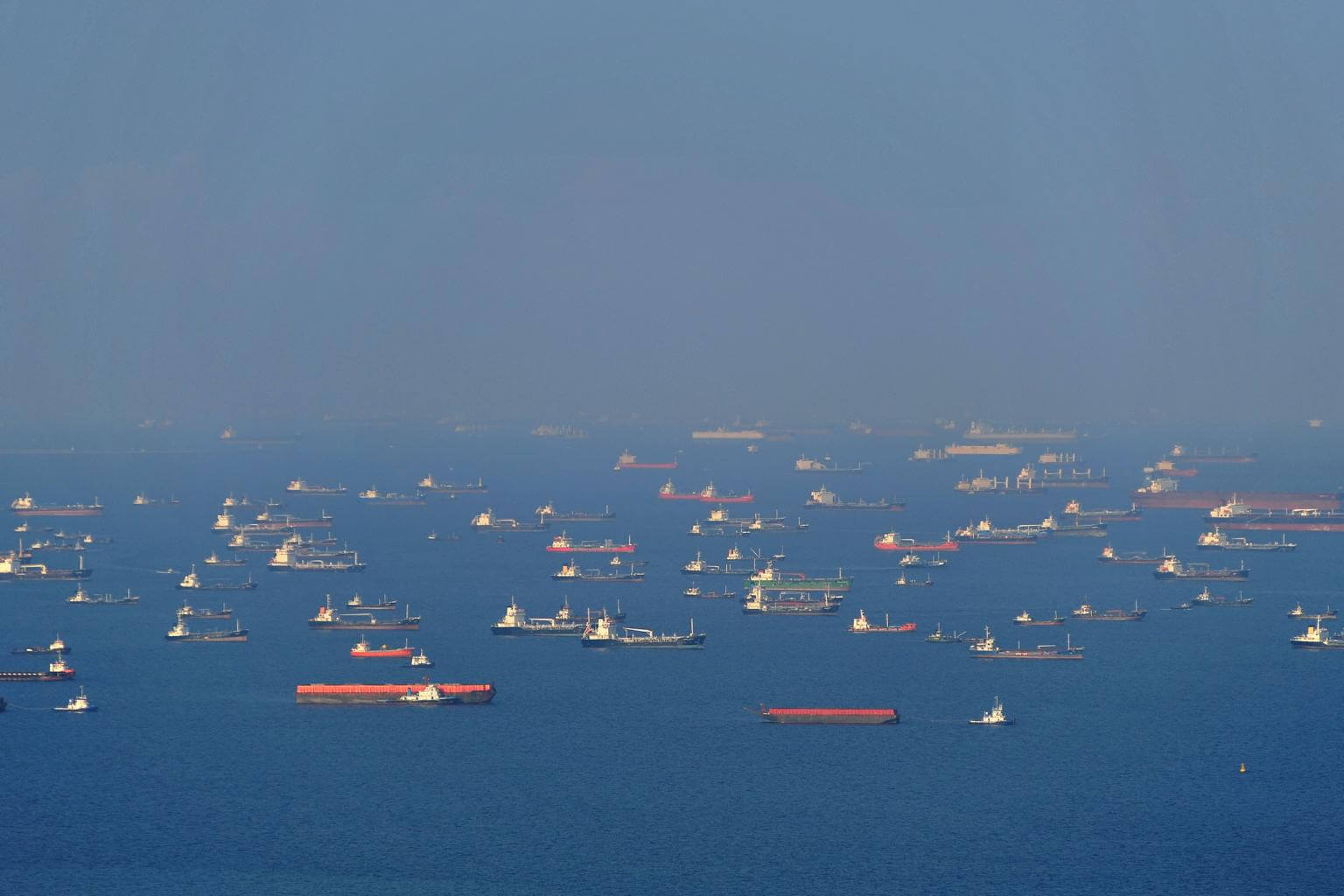Indonesia invites Singapore to join joint patrols in Sulu Sea, says Indonesian Defence Minister
Sign up now: Get ST's newsletters delivered to your inbox

Singapore has previously welcomed the efforts by Indonesia, Malaysia and the Philippines to deal with maritime terrorism and kidnapping incidents in their waters.
PHOTO: ST FILE
SINGAPORE - Indonesia has invited Singapore to take part in joint sea patrols to fight maritime crime and terrorism in the Sulu Sea, said Indonesian Defence Minister Ryamizard Ryacudu on Saturday (June 3).
Indonesia, Malaysia and the Philippines had agreed in May last year to conduct coordinated sea patrols and establish a hotline to combat piracy and kidnappings in waters bordering the three nations.
"We invite Singapore to join this platform," Mr Ryamizard told The Straits Times in an interview at an annual security summit at the Shangri-La Hotel.
Dozens of tourists, traders, fishermen and sailors have been kidnapped by the notorious Abu Sayyaf group in the waters surrounding the Philippines' Sulu archipelago, which include the Sulu Sea and the northern limit of the Celebes Sea.
The joint trilateral maritime patrols, slated to begin soon, are aimed at ensuring safety in these waters.
Speaking through a translator, Mr Ryamizard said Indonesia has explored some "potential involvement of Singapore to join this effort", and that there is a "high possibility" of Singapore doing so.
Singapore has previously welcomed the efforts by Indonesia, Malaysia and the Philippines to deal with maritime terrorism and kidnapping incidents in their waters.
The Republic has offered the assistance of the Information Fusion Centre in Changi Naval Base, which provides maritime data.
Mr Ryamizard, who will speak at a plenary session at the Shangri-La Dialogue on Sunday, also requested other countries such as Thailand to join the effort.
"So it will become not only a trilateral engagement, but a four or five-lateral arrangement," he said.
Turning to the threat of terrorism, Mr Ryamizard noted that Indonesia, with its majority-Muslim population, is vulnerable to its people being radicalised by terror groups like the Islamic State in Iraq and Syria (ISIS).
The country has been hit by a spate of terror attacks in recent years, including twin suicide bombings at the Kampung Melayu bus terminal in East Jakarta on May 24 which killed three Indonesian police officers and injured 10 others.
ISIS claimed responsibility for the attacks two days later, with one of the bombers understood to have links to militants in Poso.
While the total number of radicalised groups in Indonesia is "not so significant" - about 700 - Indonesia has to anticipate and take precautions to counter radical ideologies, Mr Ryamizard said.
"We have to protect their mindsets," he said, adding that the way to do so is to counter radical ideology with true Islamic teachings, which are more moderate.


